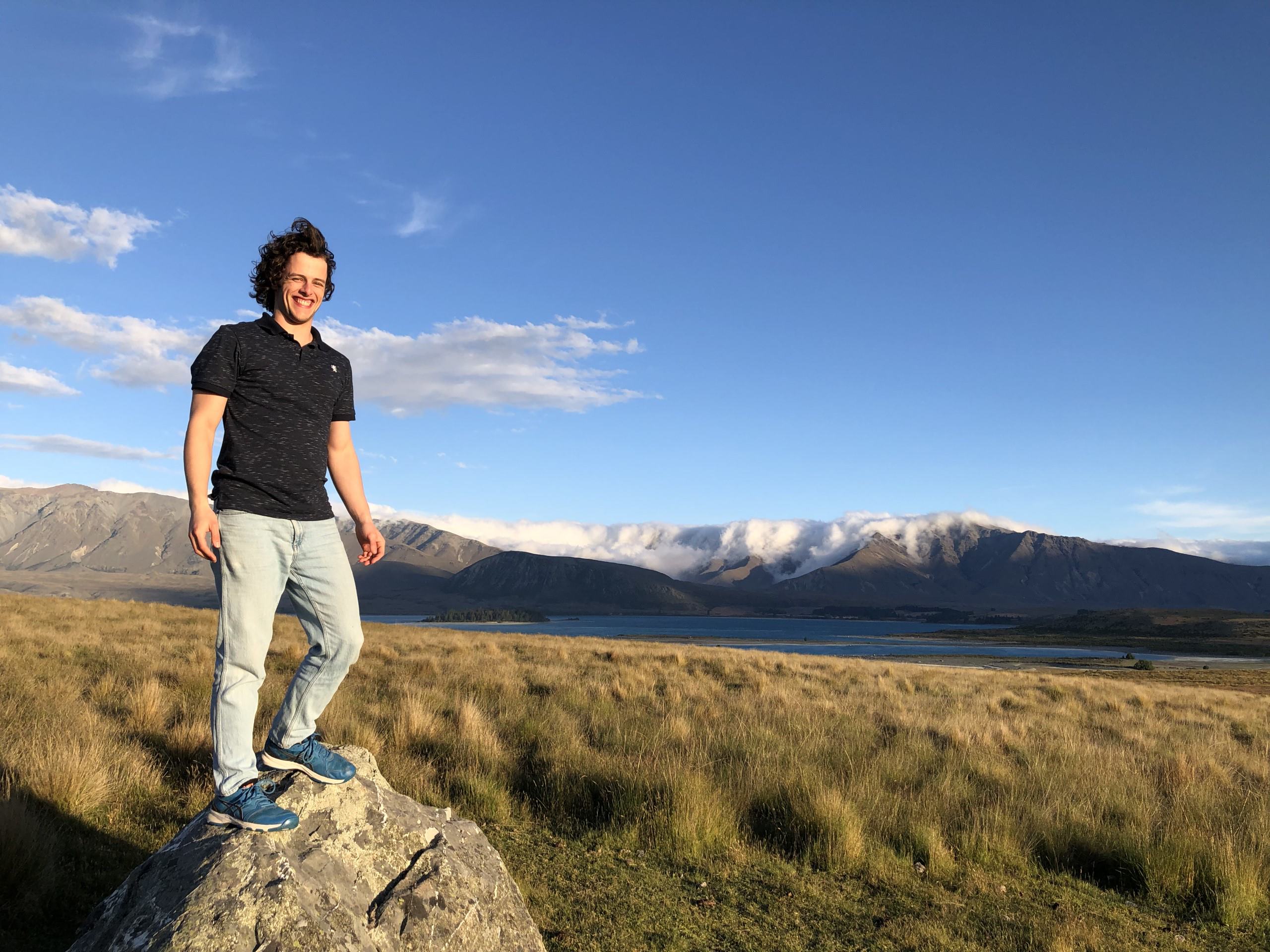
Do small hearing aids risk making hearing loss an invisible subject?
February 15, 2018
A year on my hearing loss journey
February 19, 2018Finding our place in the hearing loss community with our hard of hearing children

In the beginning of my children’s hearing loss journey, I had no idea the complexity of hearing loss. Frequencies, decibels (dB), audiograms, pitches – were just random words that would eventually form into meaning.
I confess, that with limited understanding of the deaf world, I assumed you were either hearing or deaf. It didn’t occur to me that there was a whole wild world in-between.
Not until my son fell into that strange world – not fully hearing, not fully deaf. When Ayden was diagnosed with a mild-moderate hearing loss, we started sharing the news with friends and family. I remember someone asking us, “So, is he Deaf?” I responded with a strong, “No, of course not.” He still had so much hearing to be considered “Deaf.” Another question we get a lot is, “Oh do you use sign language.” Based on the assumption that every person who wears hearing aids or has hearing loss uses sign language. Finding an identity was hard. For a long time, it wasn’t clear where he belonged. The whole process was confusing and very lonely.
We felt like we belonged nowhere
Ayden was the only child among our friends and family with hearing loss. Not one other child had hearing loss. So, when we began to learn more about hearing loss, the deaf community, and Deaf culture, we knew we needed support, but we didn’t know exactly where to turn. We were told that Ayden had “too much” hearing to be associated with the capital “D” Deaf culture. I remember my heart sinking. I had no doubt Ayden would be successful in life, but how would he feel through the process. Would he feel the loneliness that I felt as his mother? How could he be so left out of a group that we felt like he did belong to?
“How could he be so left out of a group that we felt like he did belong to?”
But, we didn’t use sign language exclusively. He could speak and with the help of hearing aids, could hear the majority of sounds.

Photo credits to www.tavlastudio.com
Finding our place
It wasn’t until a few years later when I discovered the Phonak blog – Hearing Like Me. This online community suddenly felt like the home I didn’t know existed. I discovered other stories of families in a similar place as ours. I began to reach out to other parents that had shared their own stories on the blog. Pictures of hearing aids began to fill my newsfeed. There were other children with hearing loss out there. We weren’t alone. Each person had their own unique journey and there was a place to celebrate that journey. Hearing Like Me was a haven for the entire spectrum of those in the deaf/HOH community.
For the first time in our hearing loss journey, we felt like we finally belonged somewhere. I felt proud to be a part of such an eclectic and diverse group of people.
“I felt proud to be a part of such an eclectic and diverse group of people.”
Identity and belonging go hand in hand. Ph.D., researcher and author Brene Brown wrote, “We are biologically, cognitively, physically, and spiritually wired to love, be loved and to belong.”
There is an innate desire in human beings to find an identity; to find a place to belong. That was true for our family.
Read more: Why I am grateful for my children’s hearing loss
In the end, my children identify with the deaf community as children with hearing loss. They belong in the wild world of people on the hearing loss spectrum. We hope that one day there will be more unity in the deaf community. Being part of Hearing Like Me is a great first step.
Join the conversation! Share your story with us on social media using the hashtag #deafdiversity. Also, join our Facebook community.



